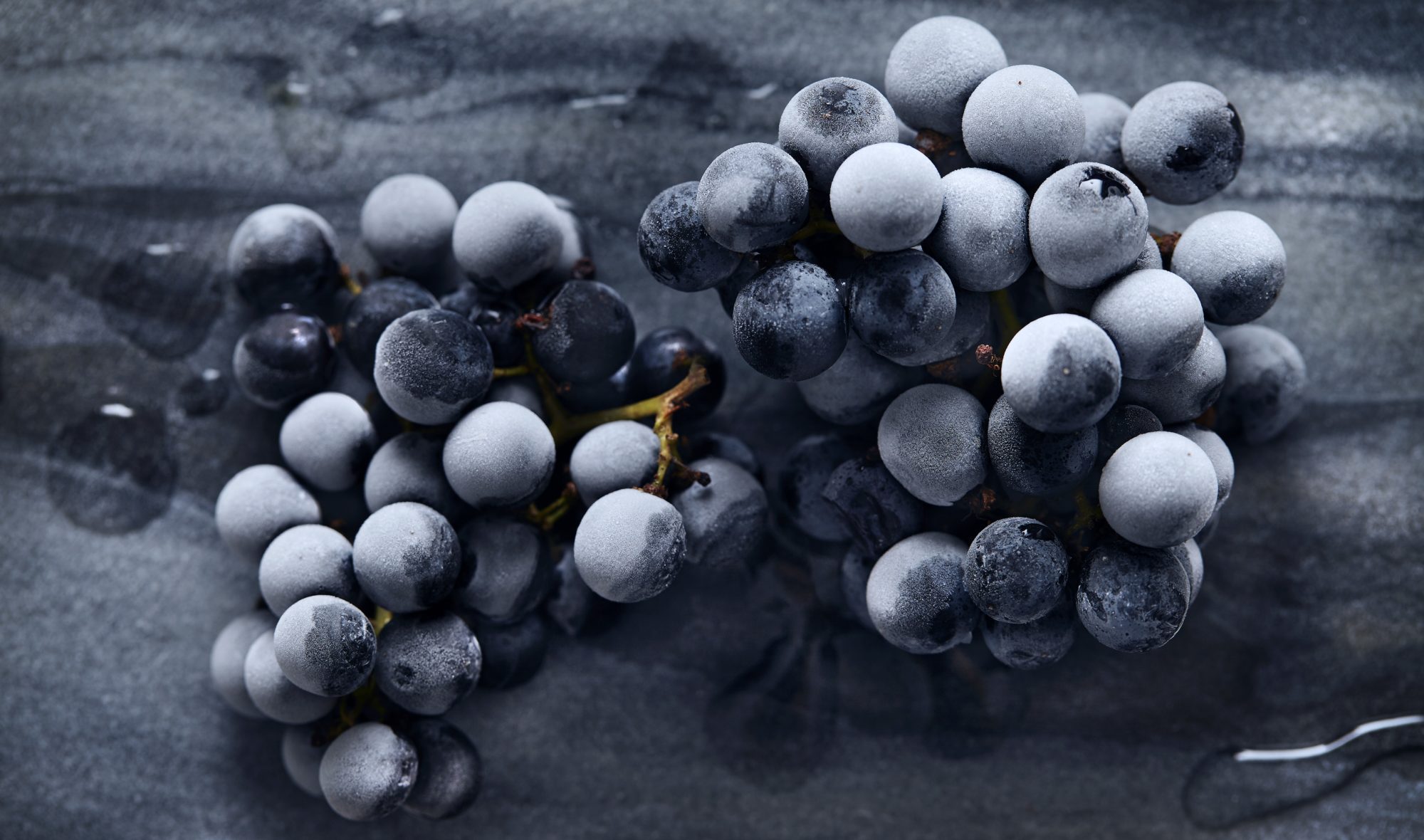Phytochemicals


Phytochemicals are found in colorful fruits and vegetables. It is estimated that there are more than a thousand different phytochemicals in our food supply. Phytochemicals are vital as they help the body ward off disease. Eating lots of fresh fruits and vegetables will help ensure that your body receives a good a variety of phytochemicals.
Phytochemicals are defined as non-nutritive (i.e. non-energy-providing) chemicals found in plants. Scientists have only isolated a few of these in the laboratory, but it is estimated that there are more than a thousand phytochemicals available in our food supply.
You’re probably familiar with some of them, including:
Phytochemicals can help the body ward off disease through various mechanisms. For example:
Phytochemicals are found throughout the rainbow of fruits and vegetables.
Because phytochemicals are not essential to survival, you can get by without them. However, a lack of phytochemicals may mean an overall lack of nutrients, which could put you at greater risk of disease and illness.
On the other hand, phytochemicals can make you healthier and stronger. They will help you heal and recover faster, and look and feel better.
If you’re not feeling like your optimal, healthy self, eating a greater variety across the rainbow of fruits and vegetables can help significantly.
The more plant foods you consume, the better.
However, eating a surplus of a specific food or phytochemical can potentially have adverse side effects. Example: antioxidants have received “superfood” status lately, but getting carried away and “overdosing” on antioxidants could result in oxidative stress.
A megadose is more likely to occur if taking the phytochemicals in supplement form (pills, juices, powders, etc.). Eat whole plant foods and you shouldn’t have a problem.
For recipes rich in phytochemicals, check out any of the fruit and vegetable entries within the Encyclopedia of Food.
Precision Nutrition’s Encyclopedia of Food expands every single month as we highlight new foods and showcase beautiful food photography. If you’d like to stay up to date, simply click this link. From there, we’ll send you a FREE copy of our recipe book. We’ll also let you know when new and delicious foods are added to the site.
Phytochemicals are found in colorful fruits and vegetables. It is estimated that there are more than a thousand different phytochemicals in our food supply. Phytochemicals are vital as they help the body ward off disease. Eating lots of fresh fruits and vegetables will help ensure that your body receives a good a variety of phytochemicals.